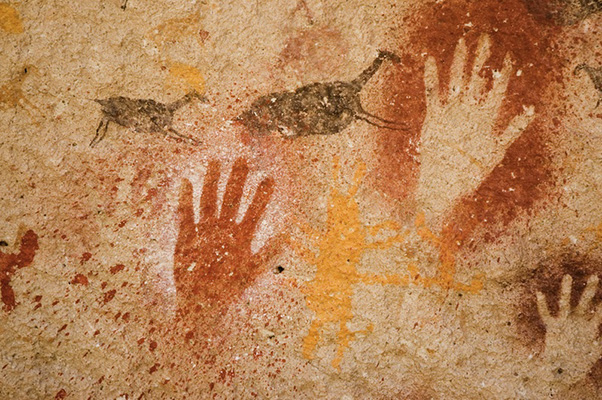Organisms and Objectifications: A Historical-Materialist Inquiry into the “Human and Animal”
DOI:
https://doi.org/10.5399/uo/konturen.7.0.3509Abstract
In order to respond to the problem addressed by this volume, I must reformulate its title, “Defining the Human and Animal”, by replacing the conjunctive 'and' with 'as'. Because this essay is based on the not too far-fetched assumption that Homo sapiens is an animal species, it addresses the question of defining the human as animal. To do so, it takes its cue from an offhand, never systematically elaborated statement by Karl Marx that, by taking the body seriously, situates human beings in the animal world, namely: “The first fact to be established for historical theory is human corporeal organization” (and fully in keeping with Marx’s—and Darwin’s—logic, that the same is true for the history of all species). The way in which any organism, humans included, negotiates, inhabits, and transforms its world is inextricably linked to its corporeal organization. Accordingly, rather than attempt to define the human and animal, my concern is with the question of the relation between an organism’s corporeal organization and the history of its ‘objectifications’, that is, how each organism, Homo sapiens included, makes worlds in its own bodily image. This historical-materialist inquiry into the ‘Human as Animal’ will therefore be developed in two parts. This essay will first outline historical materialism as a corporeal turn by situating it in relation to the mainstream of the Western philosophical tradition and to Darwin’s materialist conception of natural history. Then, through an elaboration of the concept of Vergegenständlichung/objectification, it will consider history as world-making – a labor common to all organisms, but certainly unique in Homo sapiens.Published
2014-11-30
How to Cite
Fracchia, J. (2014). Organisms and Objectifications: A Historical-Materialist Inquiry into the “Human and Animal”. Konturen, 6, 41–61. https://doi.org/10.5399/uo/konturen.7.0.3509
Issue
Section
Articles

